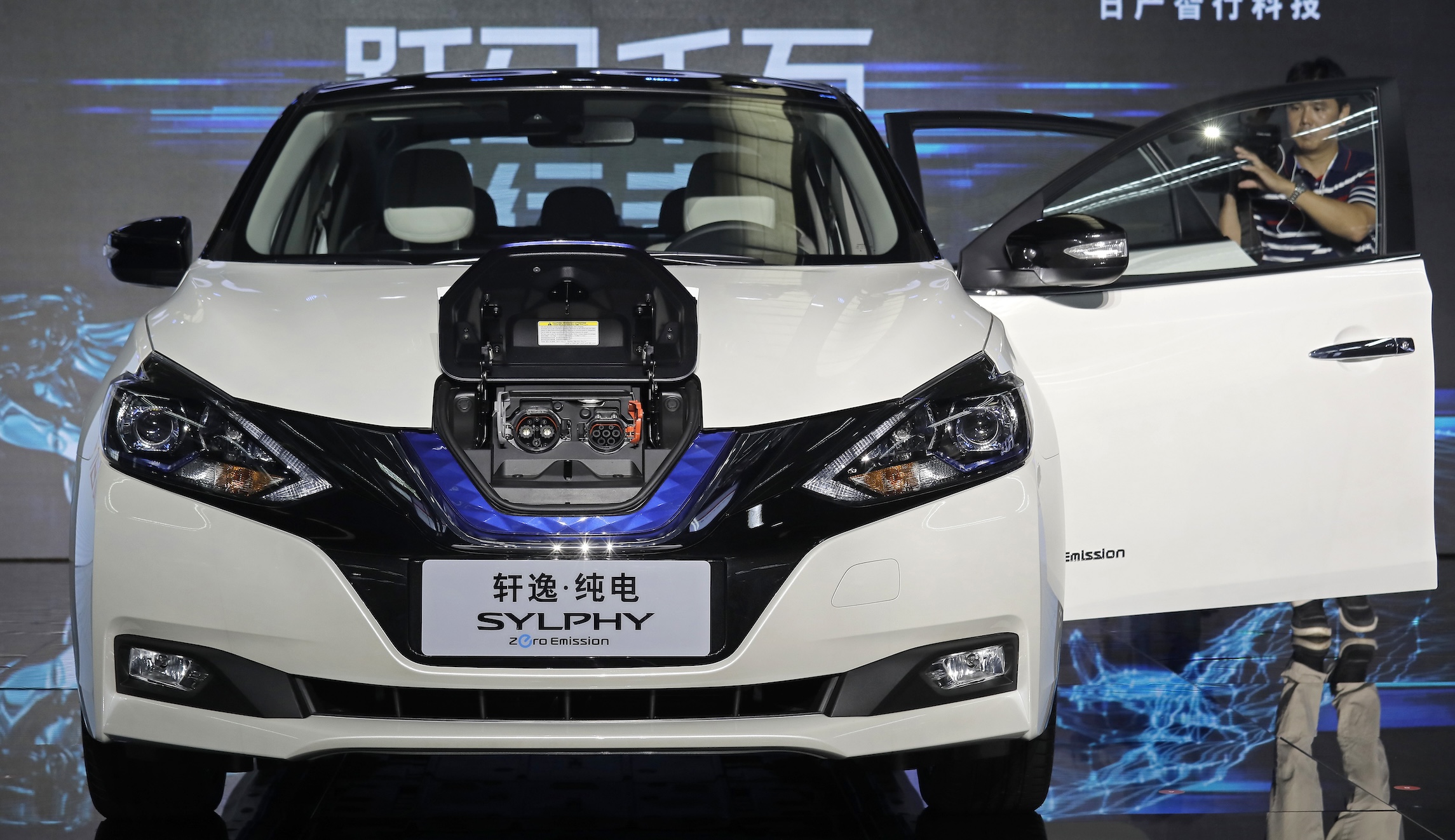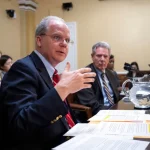

China has emerged as the leading global producer of electric vehicles, shocking others in the field.
The reason for this surprise success was long-term investment from the Chinese Communist Party, which took a gamble in the early 2000s. With the help of generous government subsidies, the eschewing of regulations, and a fair bit of luck, China has emerged as one of the masters of EVs internationally, stoking fears in the United States that its dominance could crater its domestic EV industry.
The saga began in the early 2000s, according to the Massachusetts Institute of Technology Technology Review, when China realized its inability to compete in the internal combustion engine and hybrid markets.
“They realized … that they would never overtake the U.S., German, and Japanese legacy automakers on internal-combustion engine innovation,” Tu Le, managing director of Sino Auto Insights, told the outlet.
The Chinese government decided to instead gamble on a new, untested technology — cars fully dependent on electric power. At the time, other countries had no incentive to make the same move, as gas-powered and hybrid cars were more effective.
The conscious approach to EV development wasn’t the only element behind their success, however. Ted Jenkin, author and CEO of oXYGen Financial, told the Washington Examiner that geography played a big role as well.
“China owns and controls 70% of the supply chain for rare earth [elements], which is a key element for battery production,” he said. “In addition, China has a strong internal market, favorable government policies, and innovative charging technologies they are developing.”
The country also took an incremental approach, experimenting with other electric vehicles first, before moving on to EVs.
“China took a very different approach than the United States,” Jenkins said. “Instead of taking a Tesla-like approach, they experimented first with motorcycles and electric buses, which helped to propel the overall EV manufacturing strategy used in China today.”
From 2009 to 2022, the Chinese government gave the equivalent of $29 billion in tax breaks and subsidies to companies developing EV technology, according to the MIT Technology Review. Other incentives, such as eschewing car lisence plate rationing in Beijing for those seeking EVs, also helped boost the industry.
China extended its favorable EV policies towards foreign companies as well. Tesla was courted by both the national Chinese government and local governments, which extended generous subsidies and benefits to it.
Local governments, especially that of Shanghai, expedited Tesla factory constructions.
“To go from effectively a dirt field to job one in about a year is unprecedented,” Tu said. “It points to the central government, and particularly the Shanghai government, breaking down any barriers or roadblocks to get Tesla to that point.”
Industry executives informed the Wall Street Journal of other advantages China has in the field. Chinese automakers are able to output vehicles roughly 30% quicker than Western manufacturers. Upending established techniques of production, Chinese manufacturers work on several stages of development simultaneously, substitute major suppliers for smaller, quicker ones, and rely on virtual tests, instead of mechanical ones.
By 2022, China accounted for over half of global EV sales– six million in total. It was the eighth consecutive year that the country led the world in EV sales.
Though China is leagues beyond other nations in terms of quantity of EVs produced, others overtake it in terms of EV proportional adoption. Norway is the global leader in EV adoption, with more than 90% of new car purchases being EVs, Jenkin said. Still, China has a stranglehold on the global supply chain.
CLICK HERE TO READ MORE FROM THE WASHINGTON EXAMINER
All this has spurned concern from the U.S., especially the Biden administration, who fear Chinese EVs could harm domestic auto production. To catch up will be a herculean feat, Jenkin said.
“At this point, it will be very difficult unless more policies are forced down by the government in the United States,” he said. “We are behind on a national charging network, overall adoption rate, and if we are going to electrify America we are in a severe shortage of electricians. That’s a real problem.”






